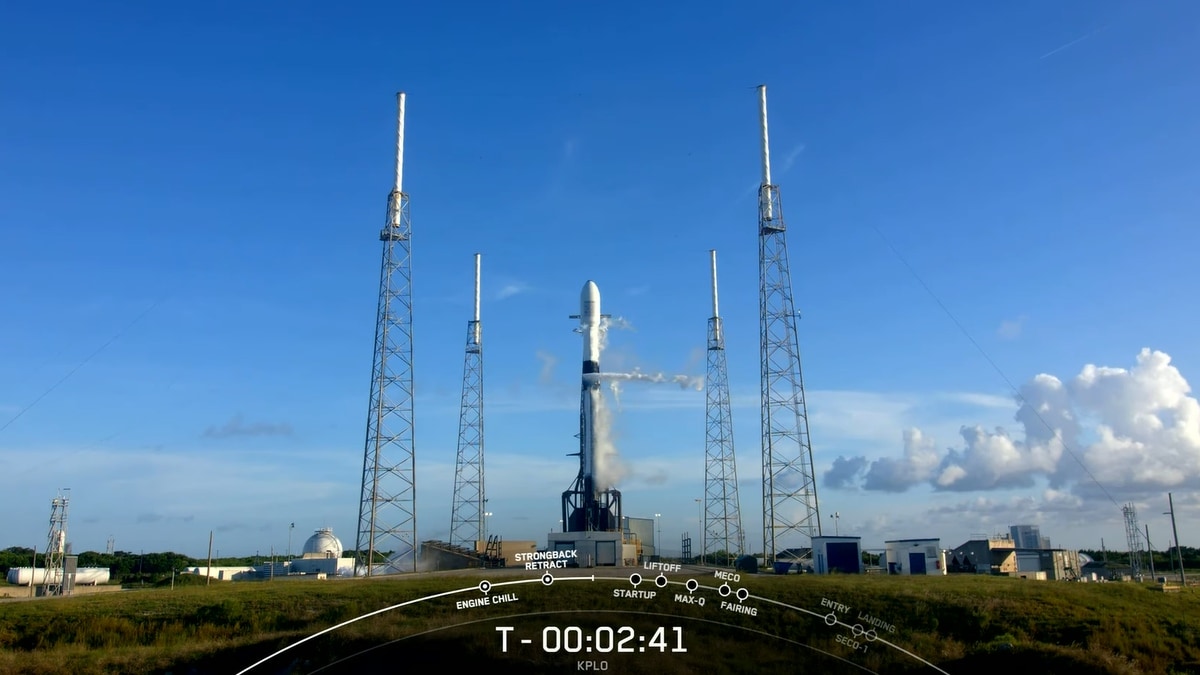A new artificial intelligence (AI) tool, Earth Copilot, has been introduced by NASA in collaboration with Microsoft to make Earth-related scientific data more accessible. Designed to summarise NASA’s extensive geospatial information, the AI-powered chatbot aims to simplify complex datasets and answer user queries with ease. By addressing questions like the environmental impact of events or changes in air quality, the tool seeks to bridge the gap between NASA’s vast database and users who may lack technical expertise.
Democratising Earth Science Data
The initiative is part of NASA’s effort to expand access to its data. According to Tyler Bryson, Corporate Vice President for Health and Public Sector Industries at Microsoft, many users struggle to utilise NASA’s database due to its technical nature. Extracting insights often requires specialised knowledge of geospatial analysis and data formats. By integrating AI into NASA’s data repository, Earth Copilot reduces the time needed to derive insights from scientific information, making the data more accessible in seconds.
Testing and Integration
Currently, Earth Copilot is in a testing phase, with NASA scientists and researchers evaluating its performance. Following this assessment, NASA plans to integrate the tool into its Visualisation, Exploration, and Data Analysis (VEDA) platform. VEDA already offers public access to some of NASA’s datasets, and Earth Copilot could enhance its usability for non-specialist users.
Potential Benefits
Earth Copilot is expected to transform how users interact with Earth science data by simplifying the process of analysis. The tool has been designed to answer complex questions, such as the effects of natural disasters or global events, using NASA’s comprehensive database. Its development aligns with the agency’s goal of enhancing public understanding of Earth’s systems and providing timely, accurate insights for decision-making.
While still limited to internal testing, Earth Copilot represents a promising step towards making Earth science data universally accessible.










